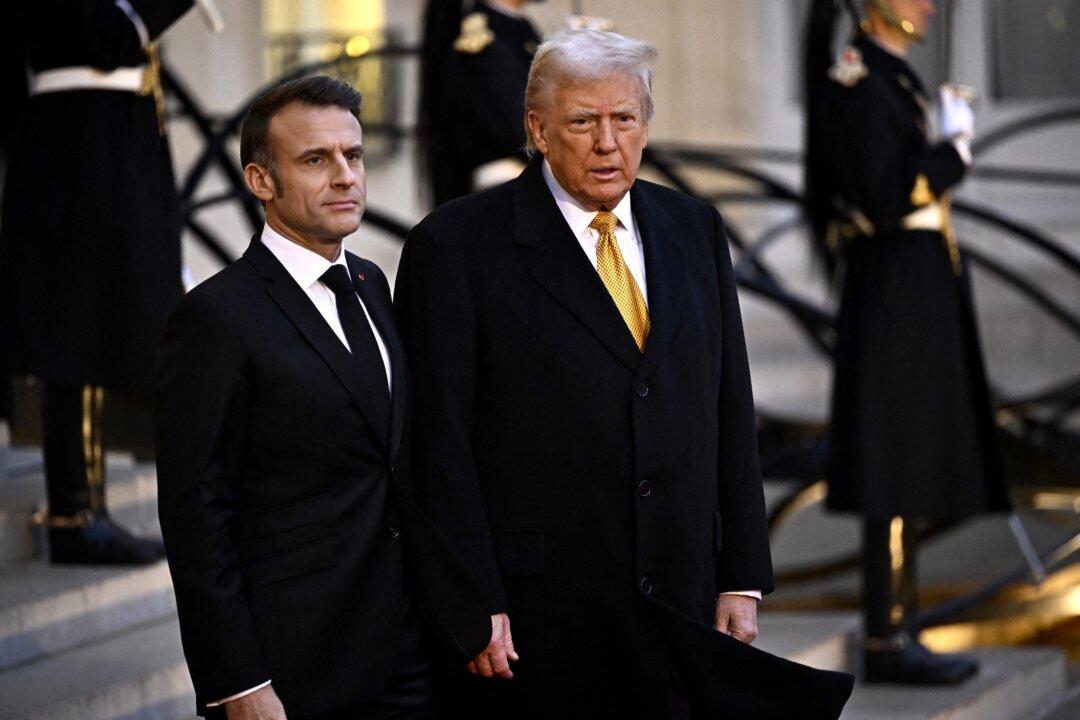The Patriots for Europe (PfE) Eurogroup convened in Spain on Feb. 8 under the slogan MEGA (Make Europe Great Again), popularized by Elon Musk, as the Make America Great Again (MAGA) movement continues to reverberate across the Atlantic and inspire European conservatives who seek to replicate it on their home soil.
Formed in July 2024 within the European Parliament, PfE unites 86 European Members of Parliament (MEPs), making it the third-largest political force in Strasbourg.





